Professor Madhu Bhaskaran creates devices to assess the biometrics of the human body and helps patients feel again.
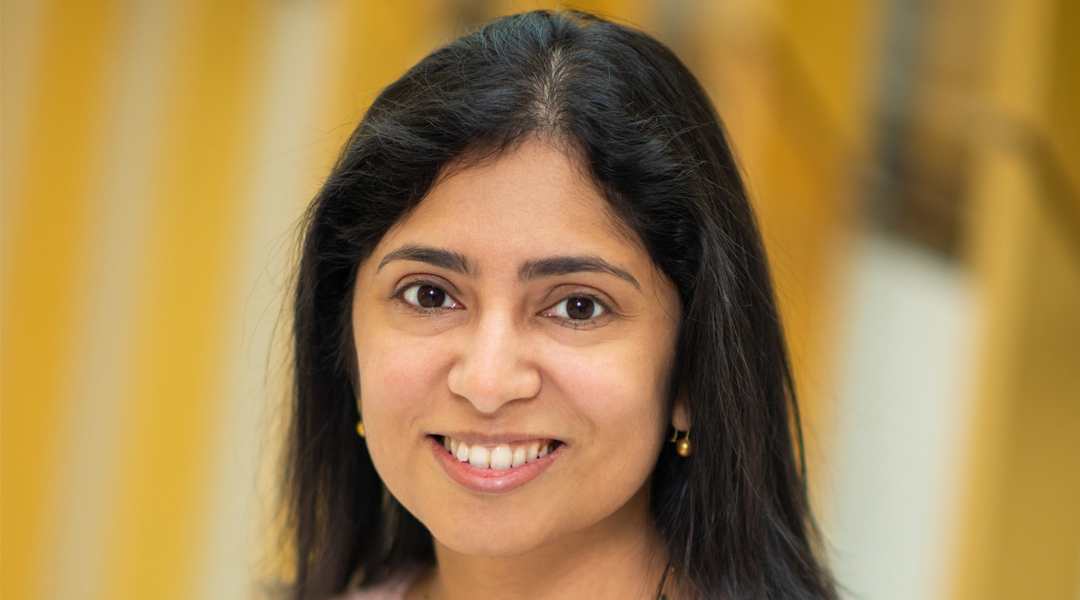

Professor Madhu Bhaskaran creates devices to assess the biometrics of the human body and helps patients feel again.
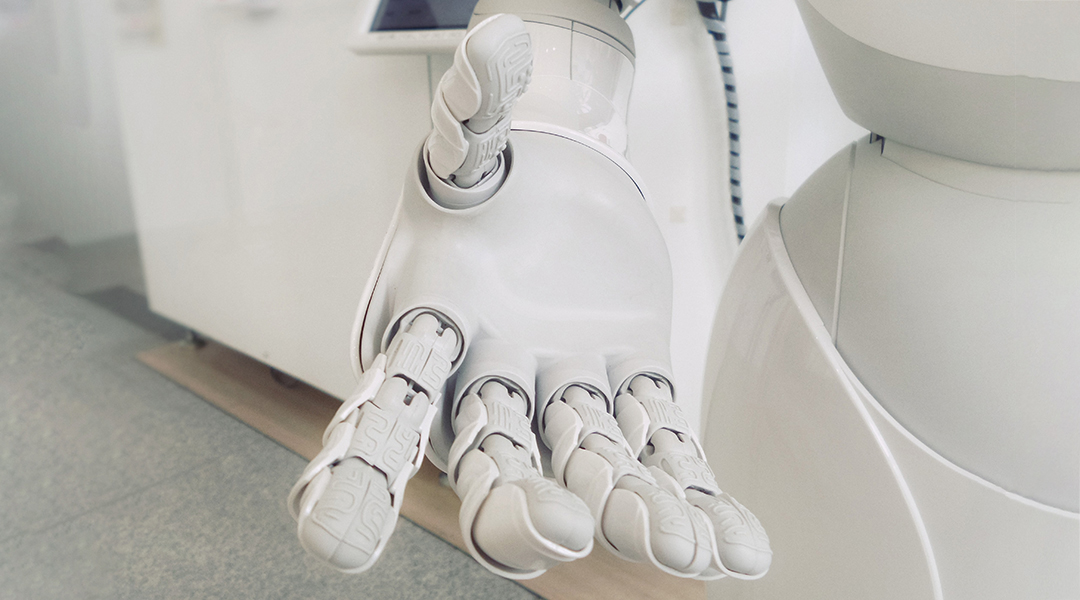
The benefits and controversies around AI are clear, but by drawing on current experiences, we can establish an order that ensures AI does not become a threat but a very useful aid.
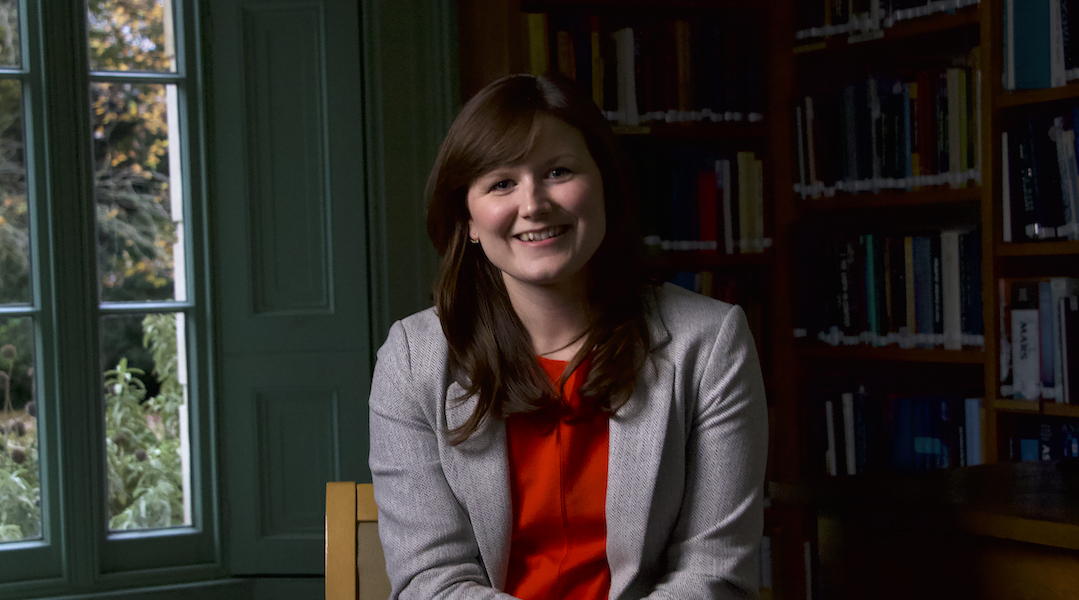
Your “friendly neighborhood astrophysicist” Becky Smethurst is enthusiastically exploring the universe and educating us along the way.

Computer-aided drug discovery looks to neural networks that can better predict chemical properties to streamline the search for new therapeutics.

An imaginative scientist and inventor, Whitesides’ work extends beyond the borders of chemistry, tackling diverse and challenging problems to meet society’s needs.
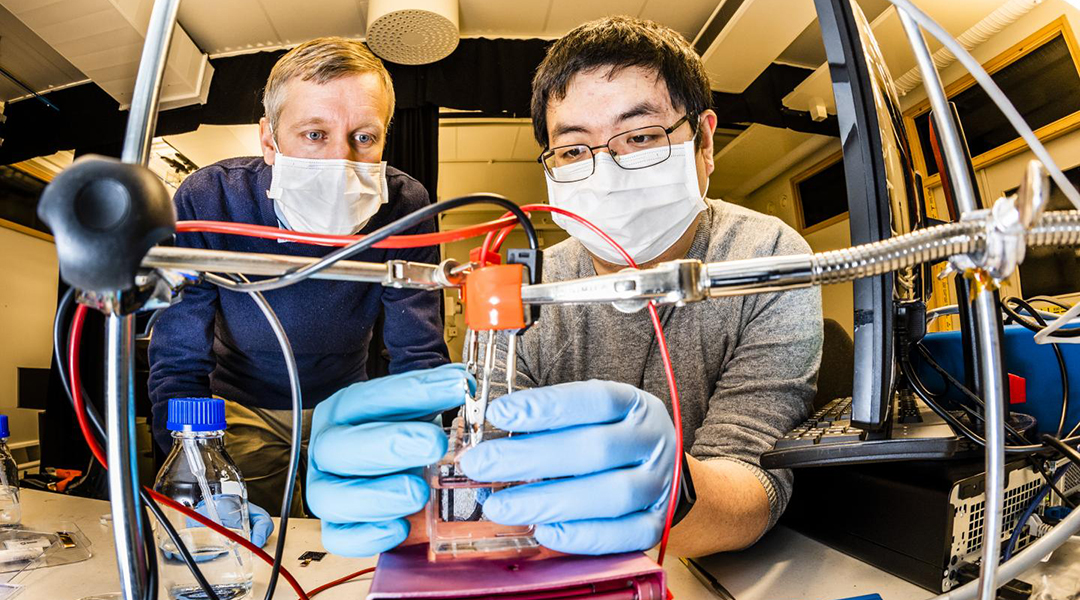
Tunable structural color images by UV-patterned conducting polymer nanofilms on metal surfaces.

The idea of connecting all physical things together: let’s delve into how the Internet of Things is changing the world.
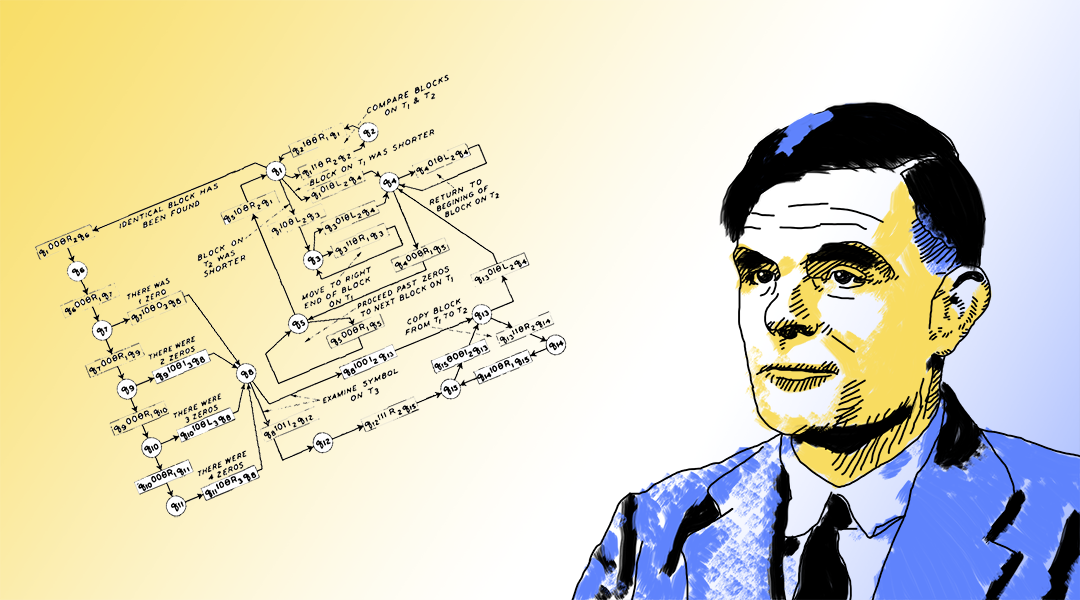
Mathematician, code-breaker, and the founder of modern computer science, here we highlight the genius and tragedy of Alan Turing.
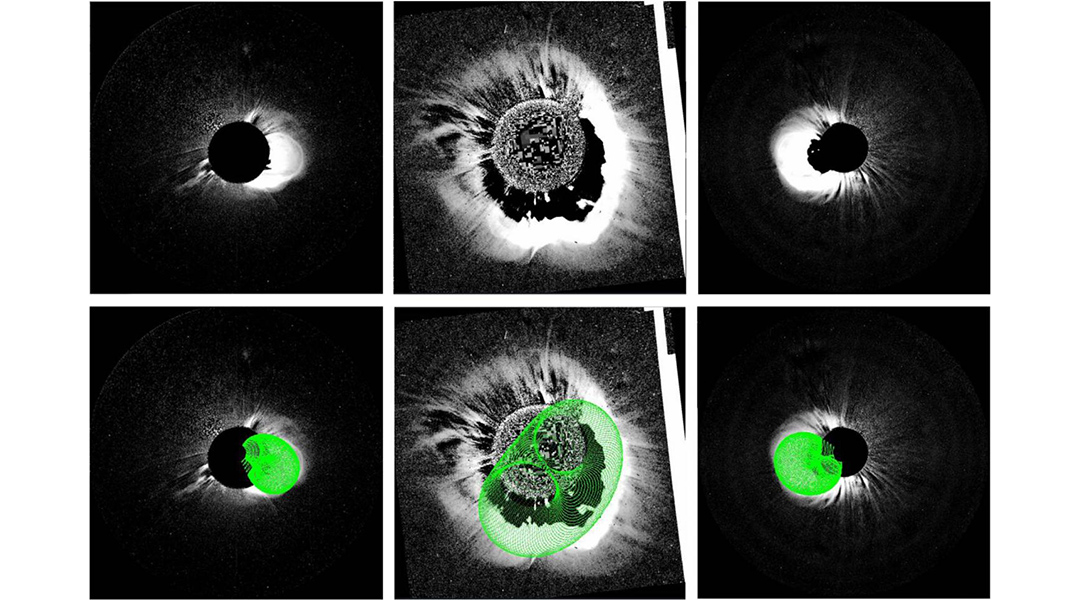
To many, space weather may seem like a distant concern, but predicting its effects on Earth are important for resilience against potential hazards.
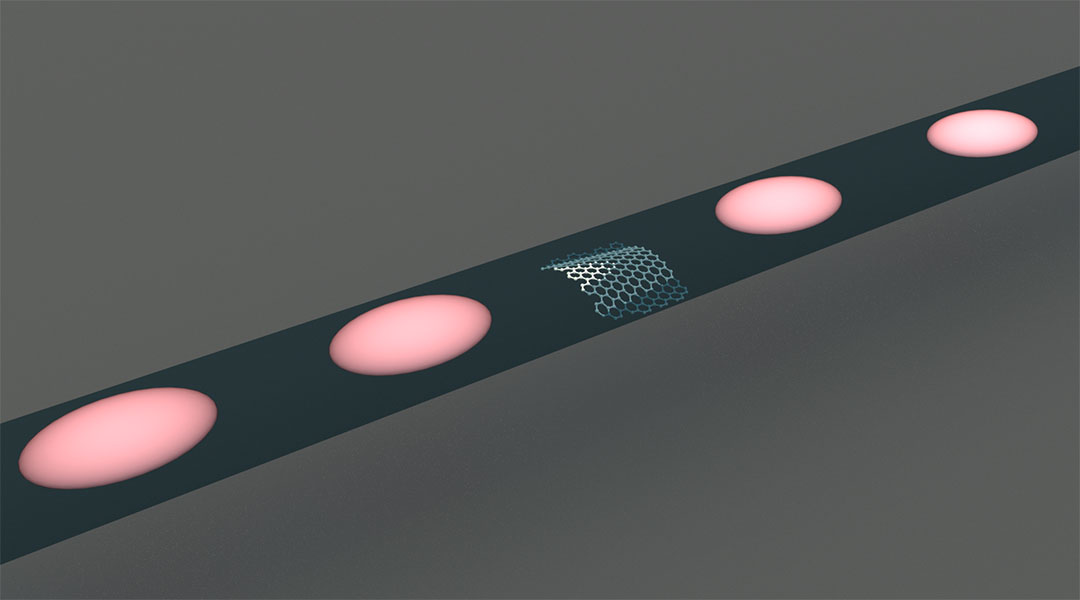
Photonics offer a natural link between communication and computation, providing a potential bridge to build a quantum internet.